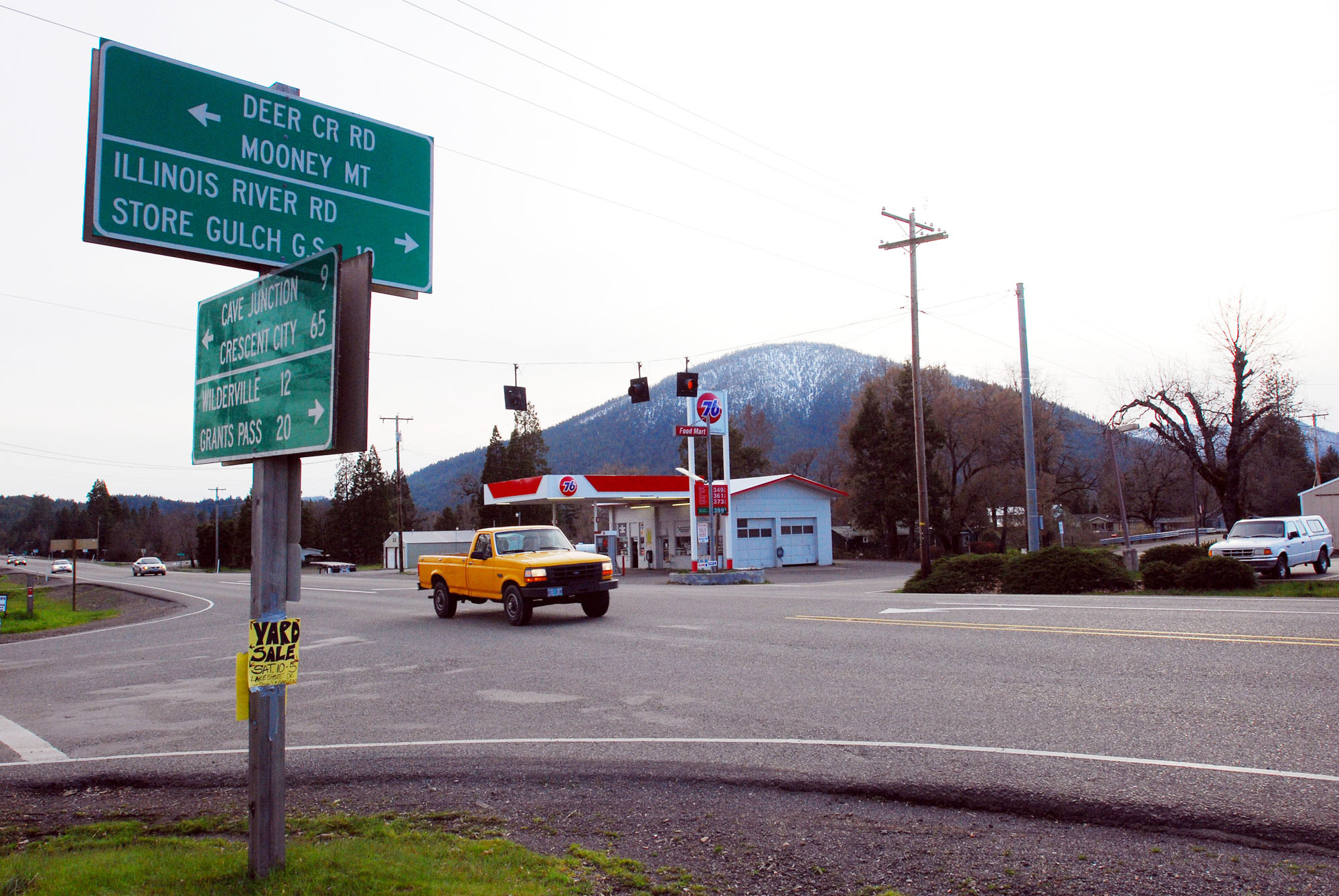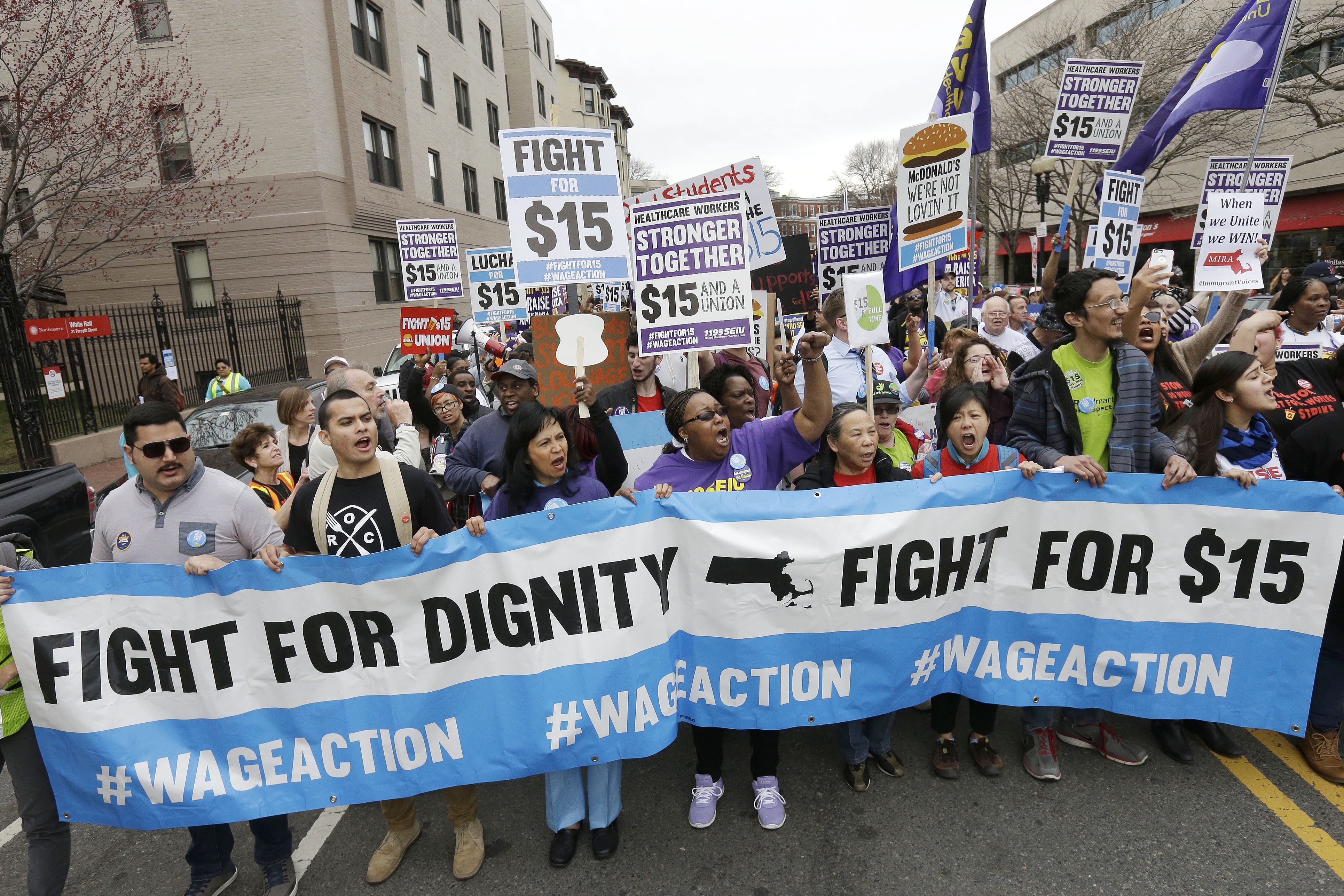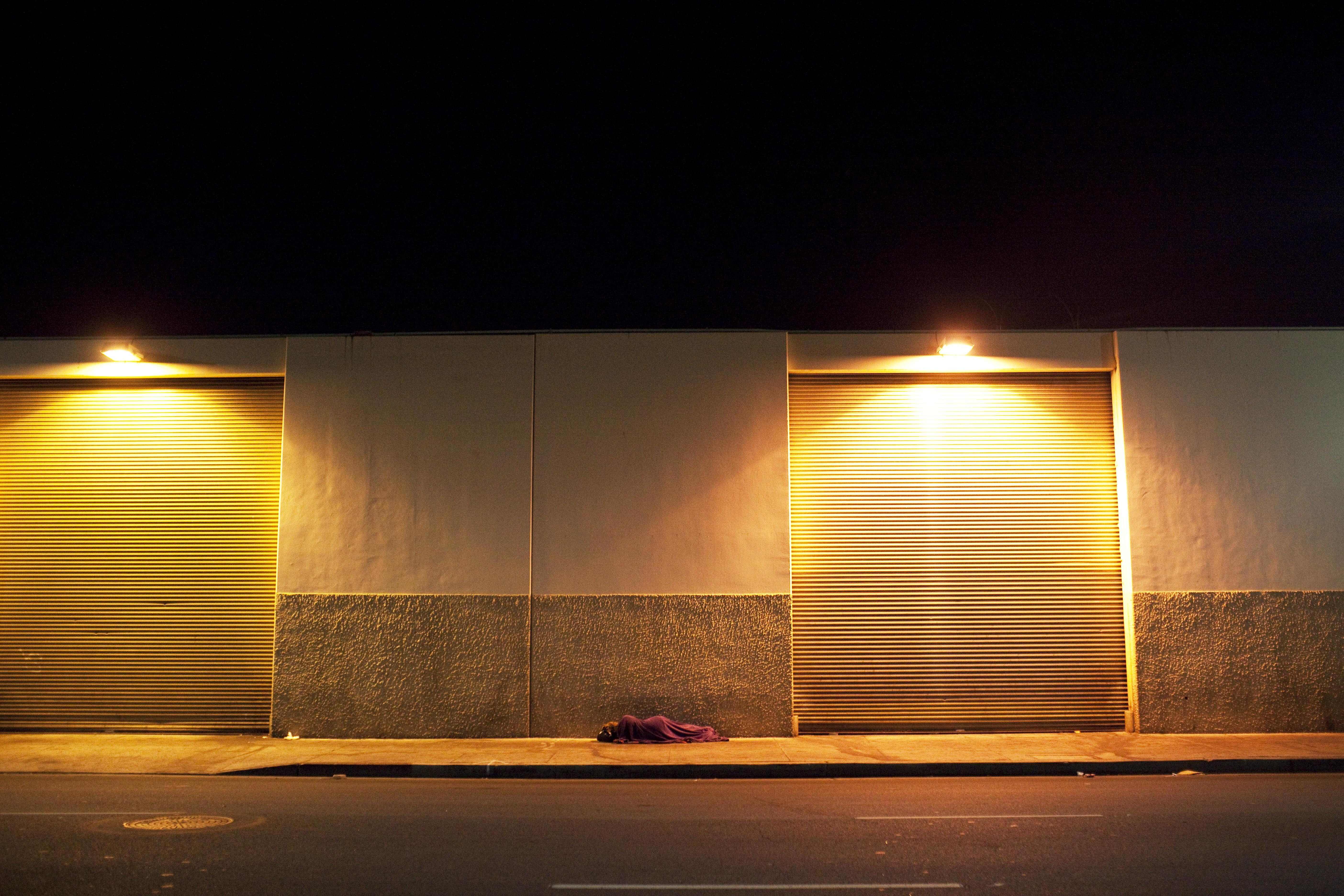There’s no point beating around this bush. An anti-poverty movement led by the middle and upper classes is doomed to failure. Equally, a partisan movement will never manage to get much done. That said, it’s never a bad thing when people discuss these things – there are 45 million people living in poverty in America, after all. Poverty looks like everything.
Occupy Wall Street was a great moment in the progressive movement. It did a lot to change the national discussion about poverty and inequality. But to people like me – from a small town in rural Utah – it looked like a bunch of confused, disaffected youth. Progressives understand their own language, why you might lead a group of thousands by consensus. I saw a woman who had named herself Ketchup waving jazz hands on national TV and realized that this movement wasn’t for me or my people.
I watched the Tea Party form – a populist movement as far as most of its participants understood it. My family members are Tea Partiers, waving guns and flags and talking about federal overreach. But to people like me – a center-left libertarian sort – it looked like a bunch of angry Baby Boomers trying to regain their glory days and demanding that those of us in the younger generations continue to pick up the tab for their lifelong profligacy. Keep your government hands off my Medicaid, indeed. That movement wasn’t for me either.
A movement that works has to be apartisan. It has to be pragmatic. It has to avoid divisive social issues – there are plenty of programs we can agree on, plenty of problems we can point out. It doesn’t matter whether a McDonald’s worker agrees with abortion or not, they still deserve a higher wage.
Get Talk Poverty In Your Inbox
America’s working classes are pragmatic people. It’s the only way to survive. When a cook loans a cashier ten bucks until payday, nobody’s vetting each other for their ideological purity on drones or gay marriage. It’s just workers helping each other out, because one thing you learn in the service industry is that you’re all in it together.
That’s the ethos that will create a real anti-poverty movement. That’s the coalition that can win.
We need a robust debate in America on social issues. But we do ourselves no favors by essentially splitting our potential support in half before we even get started. Two-thirds of Americans live paycheck to paycheck – what if we got them all asking about counterproductive welfare regulations, talking about how ridiculous it is to worry about the spending habits of the lower classes when there simply aren’t enough jobs to go around?
What would happen if two-thirds of America decided that partisanship isn’t working out so well in Washington and started demanding better?
We, all of us who spend our lives worrying about making rent and buying our kids new crayons when the old ones have been crushed into wax dust, need better representation. We need officials to worry about what happens when they ignore us as surely as they worry about their donors.
The truth is, there isn’t a millionaire in the world who could craft a coherent welfare policy. Programs that require you to quit your job to attend job training courses to get benefits, because nobody remembered to write in an exception, or misunderstandings about the differences in generational vs. situational poverty – those exist because the wealthy tried to imagine what poverty must be like. And they guessed wrong.
A strong anti-poverty movement will be led by the people who understand what poverty really is, why it happens, how we could create workable solutions. A strong movement will be made up of the people who are poverty experts because they have lived in poverty. There is no one leader in this movement; there can’t be. It has to be a broad coalition of strange bedfellows, because there are 45 million people living in poverty in America. That many people can’t look like any one thing.
Political leaders also need to remember that flyover country is the vast majority. Plenty of people live in coastal megacities. But less than 40% of Americans live in a coastal county. That’s a lot of inlanders that are only courted during political campaign season. If we want to build a movement that will last, we need to accept that we’re going to have to talk to people like me – people who are disaffected by what works in cosmopolitan cities, people who are actively repelled by those tactics.
We will win when finding solutions to poverty becomes more important to us than any other issue, when we stop condescending to people who hold different beliefs and values and start recognizing that just like a restaurant crew, we’re all in this together.
I think most people will understand that people have firm opinions on things. But strategically speaking, I think it’s a good thing if you can say, for example, that people on either side of a fight as divisive as reproductive healthcare access can agree on raising wages. For now, I want to be able to demand fair treatment at work, where my political and social values are largely irrelevant. I want proper safety equipment. I want to be able to file workers’ comp without fear of retaliation. I want paid sick leave and maternity leave and a schedule that I can count on two weeks in advance. I want a wage that reflects the work I put in.
Those things, you can build a coalition around. And when we put the workers in charge of their own destinies, we’ll find that we can win.










